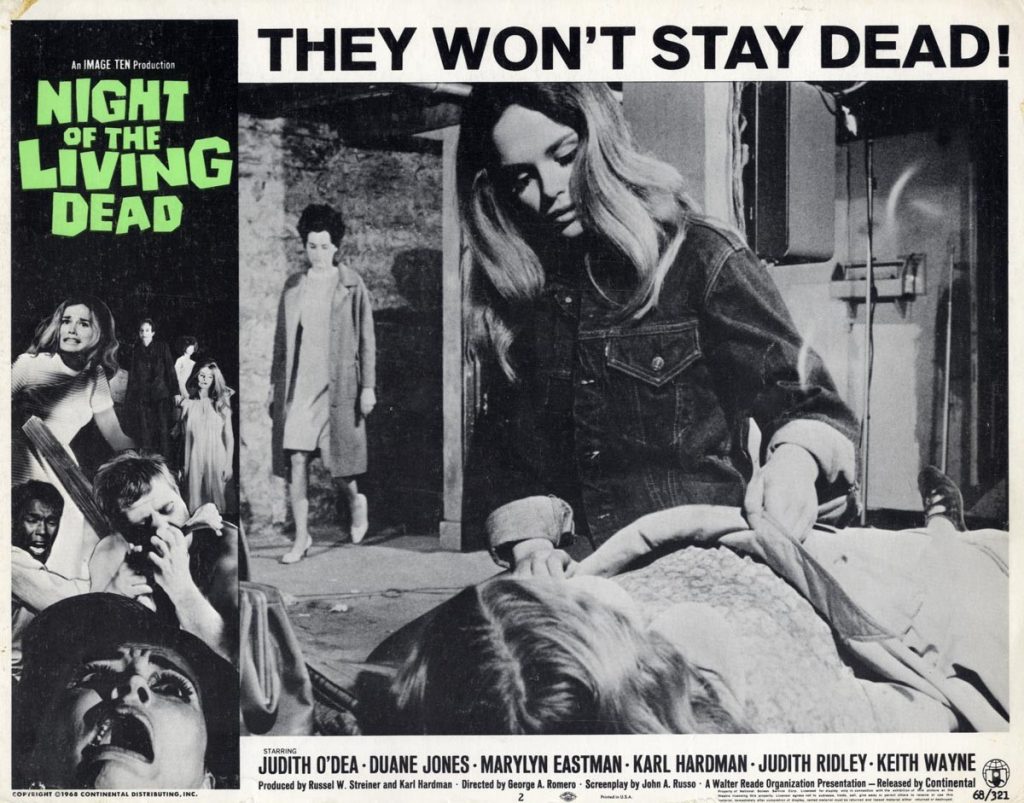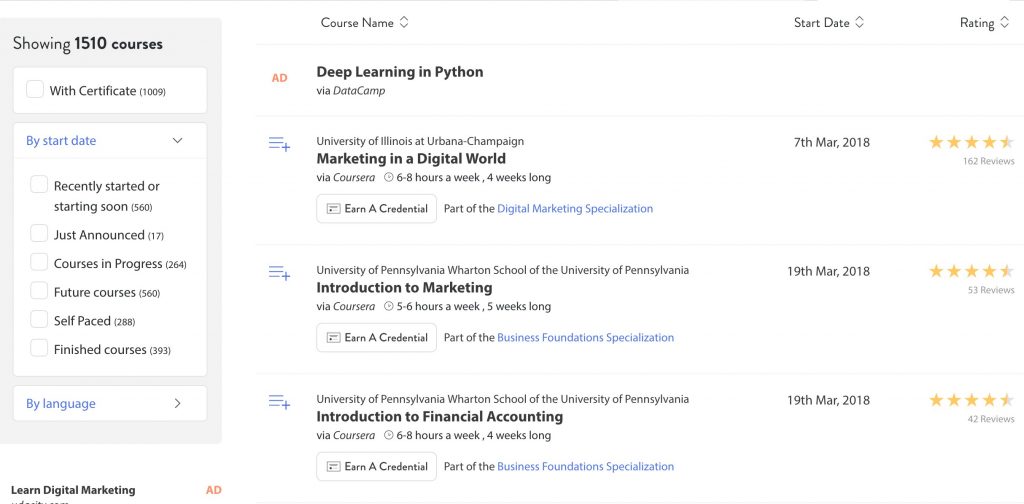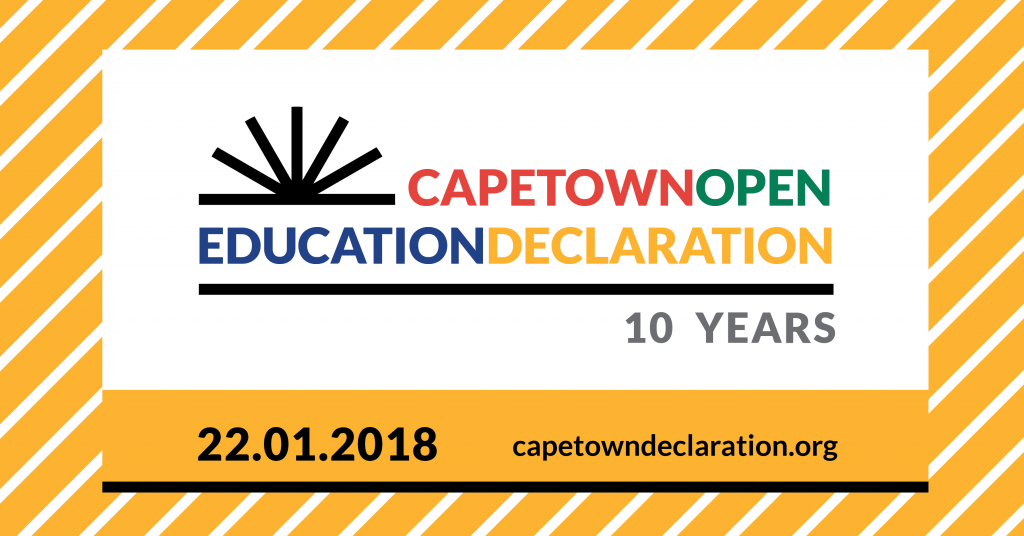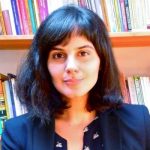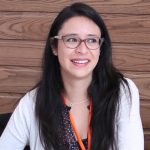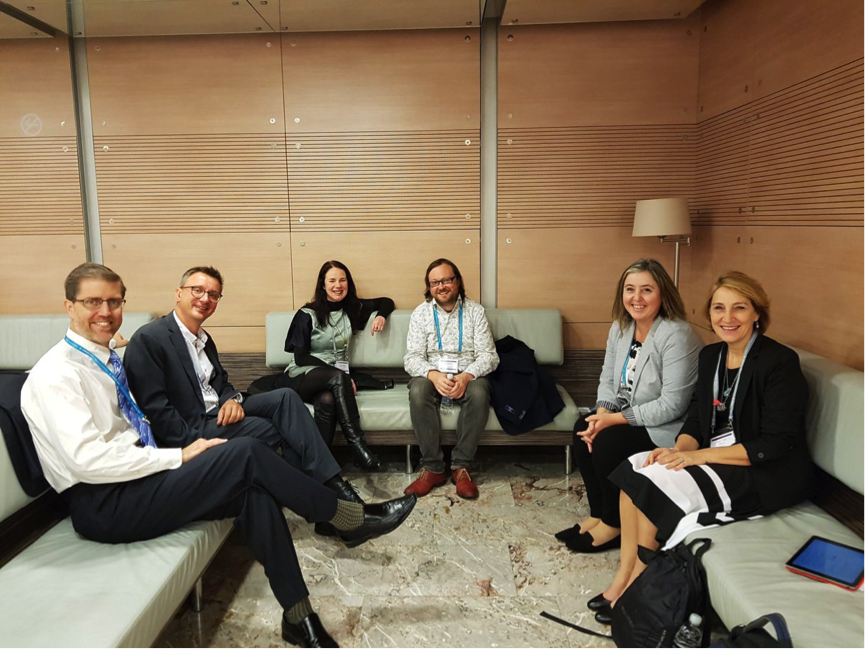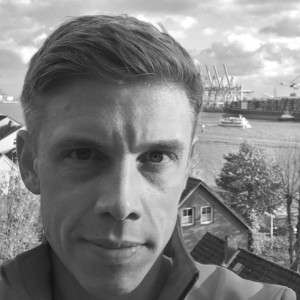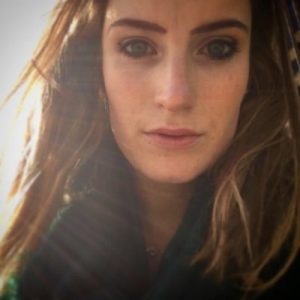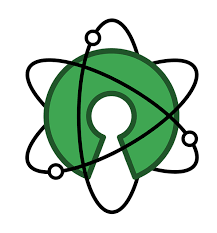Post written by Chrissi Nerantzi & Viviane Vladimirschi
Reflections on #OEglobal in Cape Town, March 2017
OEGlobal (#oeglobal) took place in Cape Town this year, 10 years after the Declaration of Open Education was signed there. With the Table Mountain backdrop, where the Atlantic and the Indian Ocean blend into each other and with a turbulent recent history, open educators met to discuss, debate, share ideas and design a better future for the human race through learning with all for all.

Cape Town’s “City Bowl” viewed from Table Mountain in May (late autumn). Picture by By Andres de Wet; Wikimedia, CC BY-SA 3.0
We, OE researchers, Viviane and Chrissi, met for the first time at the OE Global Conference in Krakow in 2016 and then again at the OE Global Conference in Cape Town this year… not so long ago. We are both PhD students and members of GO-GN and hope to contribute with new knowledge to the area of open education that will be of value for others to make our planet a more equitable place to live in through the provision of accessible and free effective learning experiences and resources for all that bring us closer together. The conference was a fantastic opportunity to find out what is happening across the world in the area of open education, connect with ideas and people.
The first part of our stay in Cape Town was with our GO-GN colleagues. It was a great opportunity to share our projects, the progress we have made and to continue providing ongoing support for each other and to get to know each other a bit better as well. A full set of presentations can be found at https://www.slideshare.net/GO-GN/presentations and a storify has been made available at http://go-gn.net/go-gn/two-and-a-half-days-in-cape-town/ with our Twitter interactions on these days.
Then the OE Global Conference started. There was definitely a buzz and so many interesting people there, with such diverse ideas but also a shared passion for open education based on democratic values that foster diversity and inclusion. Some we had met before, many who were new to us and some we had met online and saw for the very first time in the flesh so to speak. Among the presenters there were many of our GO-GN colleagues and their innovative research projects.
Learning through making (OER)
What we both noticed is that there was now more discussion about open educational practices, than last year. Is this a shift? Some years ago at the OER conference in the UK, I (Chrissi) heard Darco Jansen saying “Content is not education. Interaction is”. This stayed with me and it does make a lot of sense. This doesn’t of course mean that we don’t need resources, materials for learning. On the contrary, what we do need, we think, is to engage more actively with materials and resources. This for us can means to seize opportunities for learning through making resources through use of teaching theories such as constructionism, resource-based learning and project-based learning for example. Authentic and contextualised learning is really important. As there is currently a revival of the maker movement and individuals rediscover the power of making in the physical world, the technology now also enables us to make stuff, including resources in the digital world as well and share via social media and other technologies. Is the time now ripe for OER 2.0? As educators we spend a lot of time preparing resources, far too much! In order for students to learn, we need to engage them more in learning through making approaches that will help them digest, discover and make sense of the world around them and learn so much more than when we create the resources for them. What are we waiting for? David Wiley talked about the concept of open pedagogy. Open pedagogy as defined by David Wiley capitalizes on learning by doing using the 5Rs. He sees these as an opportunity to re-think how we engage with OER and maximise on the potential they have for student learning through active, critical and creative engagement with these.
Learning through experiencing (OEP)
Greater emphasis was played at the conference this year on open educational practices (OEP). Many related interesting and diverse projects from around the world were shared and discussed in a range of contributions. Examples from the Global North are the OER Hub and the cross-institutional collaboration Open Educational Practices in Scotland and from the Global South ROER4D. I (Chrissi) had the opportunity to meet some colleagues from ROER4D and especially valued the conversation with Tony Carr. A lot of interesting work is being done in Africa to support teachers to develop their understanding of open education and develop practitioner and researcher capacity in this area as they will be the seeds and spread open education further. We said that we would stay in touch and explore possibilities to collaborate in the future and bring individuals from the Global North and the Global South together. I am really looking forward to this.
Cable Green shared an ambitious vision and perhaps an opportunity for a new type of university which at the heart has authentic learning to solve the big problems we are faced with. We could say that Cable proposes an action or even activities orientated approach to higher education. There is definitely potential there to make a real difference and create a better and more sustainable world through developing a new type of university, especially as it is often hard to change the existing higher education from within. Change might indeed come from outside and have a ripple effect on existing institutions. What needs to happen to make it happen?
Learning through experiencing in the open rethinking and redesigning learning and teaching approaches so that we create inclusive and diverse learning opportunities and experiences. David Wiley talked about the need for open pedagogies. Opening-up existing modules and courses has so much potential to transform how we learn and teach today with so many advantages for students and educators. But how prepared and willing are educators, students and institutions to embrace such approaches? Can academic development help? My own work (Chrissi) has shown that it can make a difference and that academics as students experiencing OEP has the potential to transform practices.
Take away: “If you want to go fast, go alone. If you want to go far, go together” African proverb.
Narend Baijnath said in his keynote “We need crazy visions for the future!” We totally agree! The time is right to put forward crazy visions that break free from conventions and present fresh pedagogical ideas that have the power to transform individual lives and the lives of all of us on this planet.
Imaginative and collaborative solutions are needed that will bring the Global North and the Global South closer together. Findings from the ROER4D studies in institutions in East Africa and in developing countries show that there is still a big divide as innovation is confined to a few converts and the use of OER/OEP is highly fragmented.
We can bridge this divide but it requires action from all of us. Cross-boundary collaborations will, we believe, lay the foundations for learning for all that enriches, unites and transforms institutions and nations across the globe.
We found the conference valuable for our professional development as open researchers and open practitioners. We met old and new friends. I (Chrissi) particularly enjoyed the conversations with Christian, Anna, Carina and Rory. Thank you Jutta for your interest in my work and sharing your recent paper with me. I can see that we are on the same wavelength. I am looking forward to connecting with Paola and our GO-GN buddies. I (Viviane) particularly enjoyed my conversations and rich exchanges with Carina Bossu and José Dutra who have been following the progress of my work since last year and who always provide me with good solid advice as they know well the Brazilian educational context and reality. I look forward to connecting with them again and there are certainly plenty of opportunities for us to join forces and collaborate, which I am looking forward to.
Glenda and all the team organised a successful conference and congratulations to all OE Global Award winners.
We include below a few links to useful conference related resources
Insightful blogposts about the conference has been written by Catherine Cronin (you will also find loads of useful links and resources there) and Robert Schuwer. All presentations can be found at http://conference.oeconsortium.org/2017/presentations/.
Martin Hawksey has created a visualisation of actions and interactions on Twitter using the #OEGlobal and his wonderful TAGSexplorer.
There were also specific tools or frameworks that have been created to support openness and that received awards.
The next OE Global conference will be held in the Netherlands next year (see blog written by Willem van Valkenburg)
See you there!
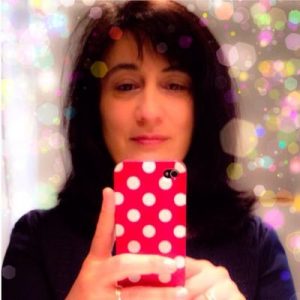 Chrissi Nerantzi is an academic developer in the Centre for Excellence of Learning and Teaching at Manchester Metropolitan University in the United Kingdom, a passionate open practitioner and open collaborator who has conceived and (co-)founded a range of open cross-institutional professional development initiatives for academics and other professionals who teach or support learning in higher education. Examples include @openfdol, @tlcwebinars, @byod4l, @fos4l, @LTHEchat, #creativeHE and the latest #101openstories. Chrissi is also an open researcher, PhD student and member of GO-GN. A key output of her research is the openly licensed cross-boundary collaborative open learning framework.
Chrissi Nerantzi is an academic developer in the Centre for Excellence of Learning and Teaching at Manchester Metropolitan University in the United Kingdom, a passionate open practitioner and open collaborator who has conceived and (co-)founded a range of open cross-institutional professional development initiatives for academics and other professionals who teach or support learning in higher education. Examples include @openfdol, @tlcwebinars, @byod4l, @fos4l, @LTHEchat, #creativeHE and the latest #101openstories. Chrissi is also an open researcher, PhD student and member of GO-GN. A key output of her research is the openly licensed cross-boundary collaborative open learning framework.
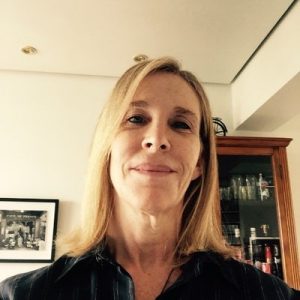 Viviane Vladimirschi (M.Ed. in DE) is an Educational consultant, trainer, and instructional designer. She is also a PhD student at Athabasca University. Her research is focused on exploring what role, if any, OER can play in the professional development of K-12 public teachers in Brazil.
Viviane Vladimirschi (M.Ed. in DE) is an Educational consultant, trainer, and instructional designer. She is also a PhD student at Athabasca University. Her research is focused on exploring what role, if any, OER can play in the professional development of K-12 public teachers in Brazil.
 Open Education Working Group
Open Education Working Group 